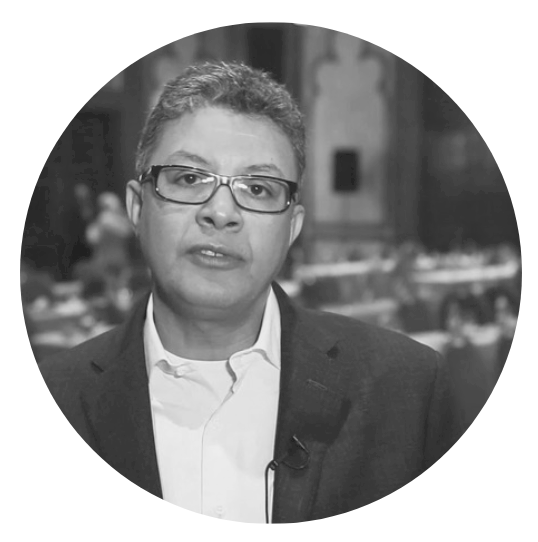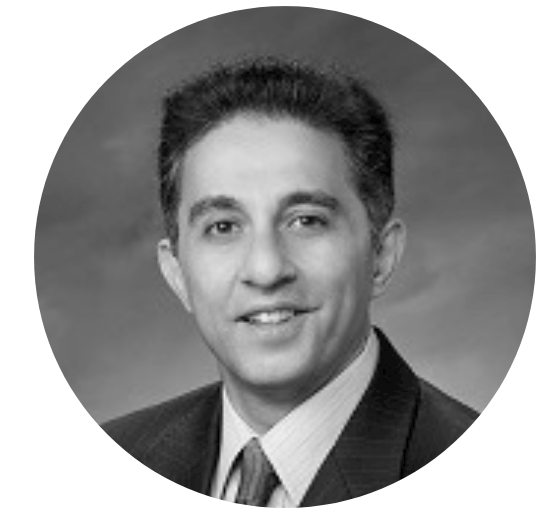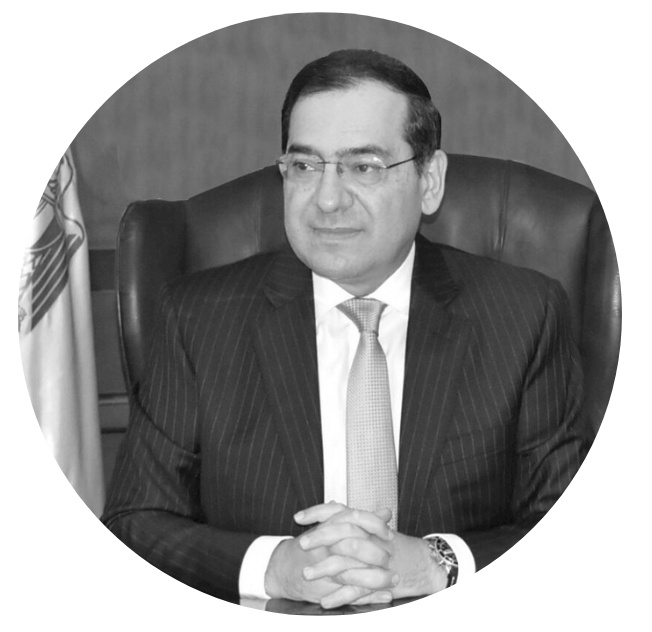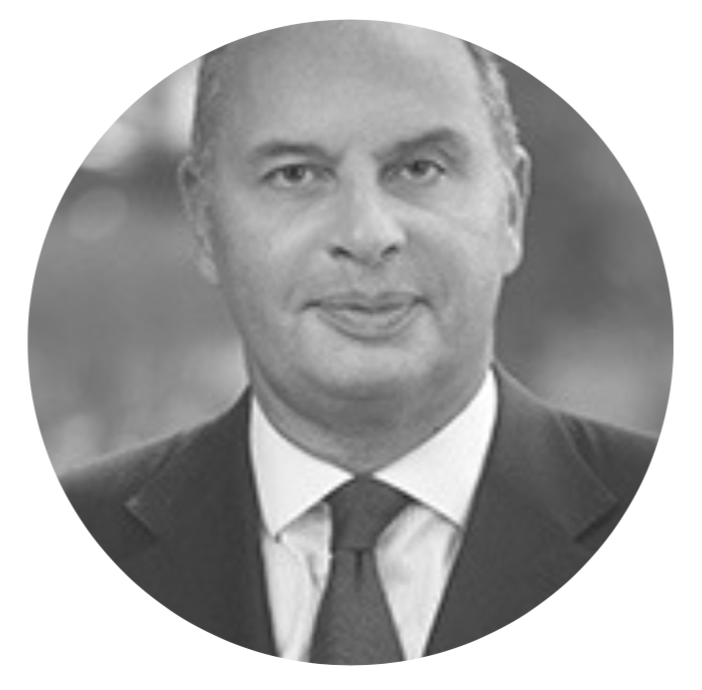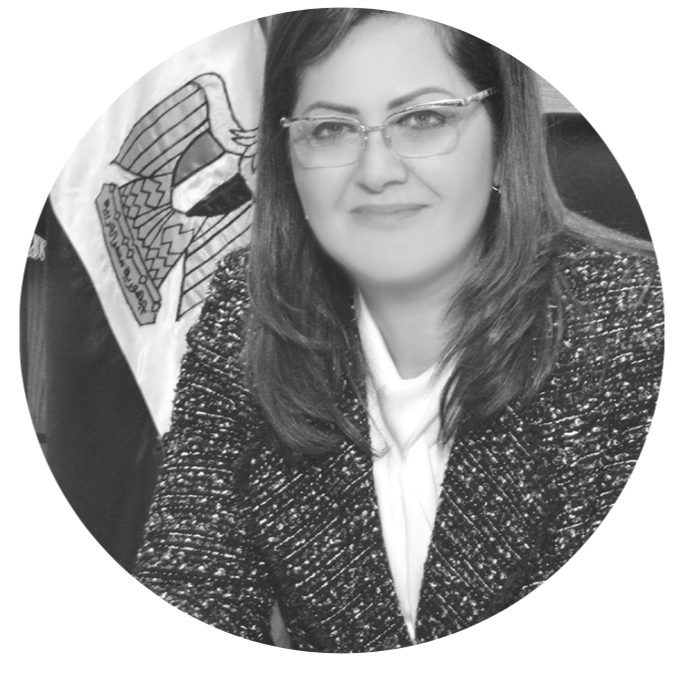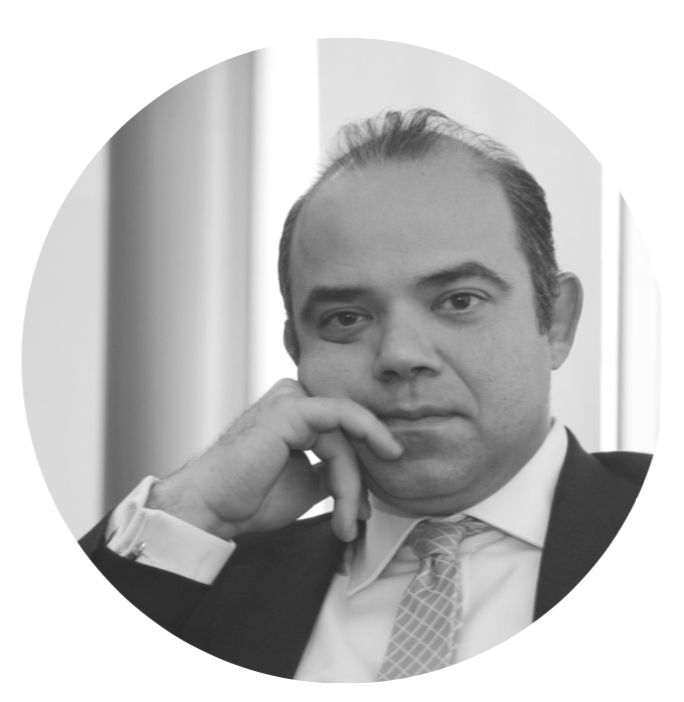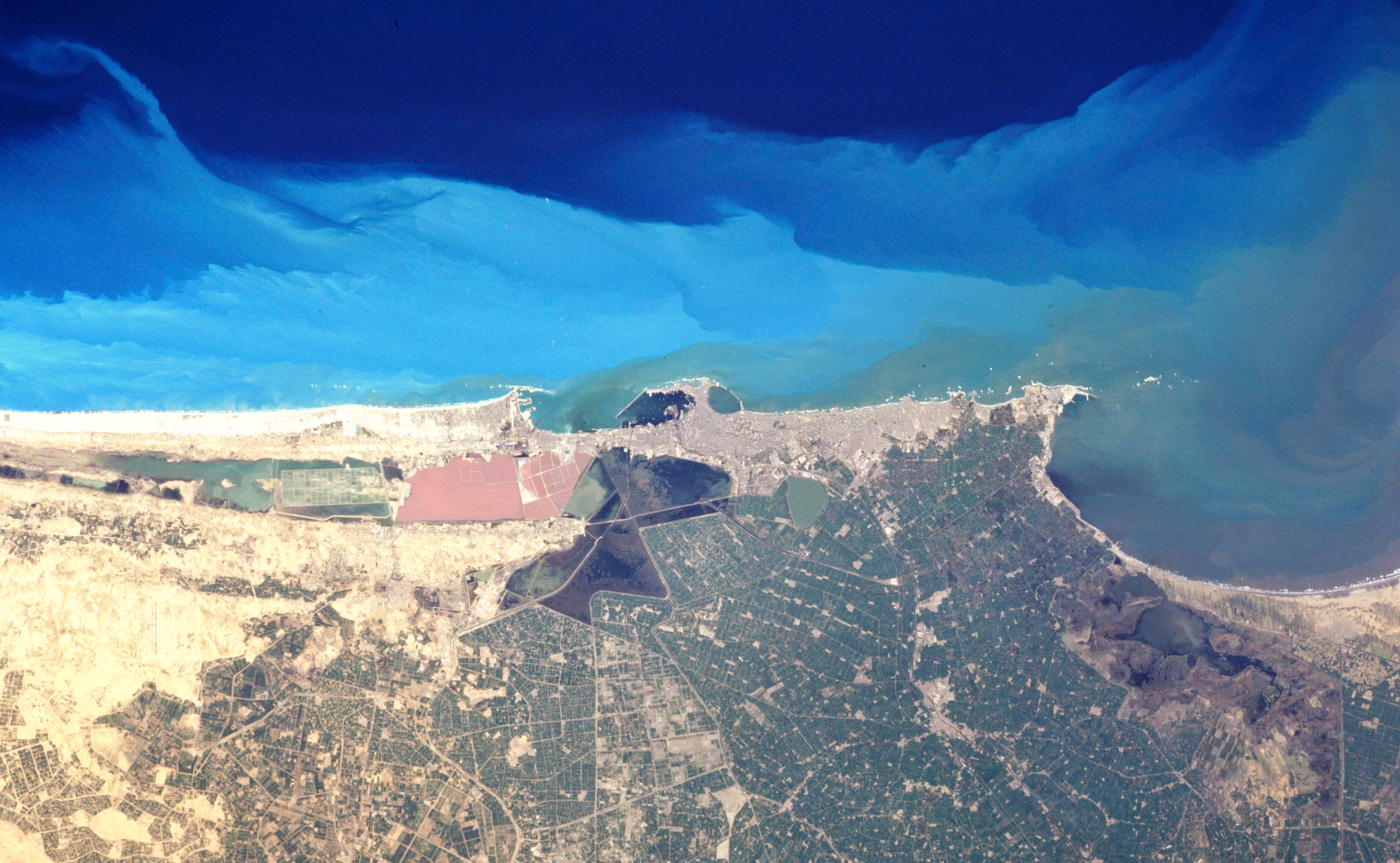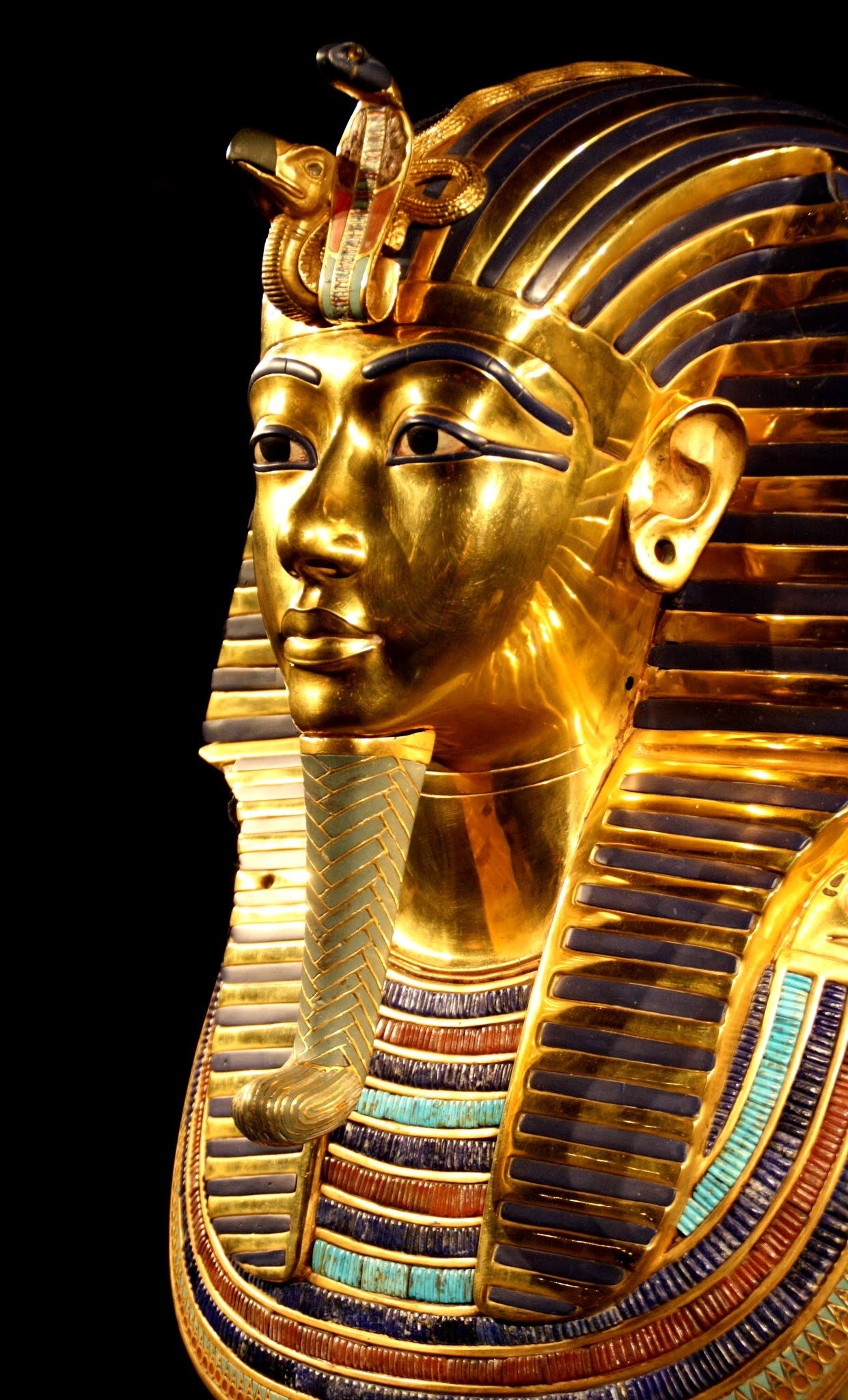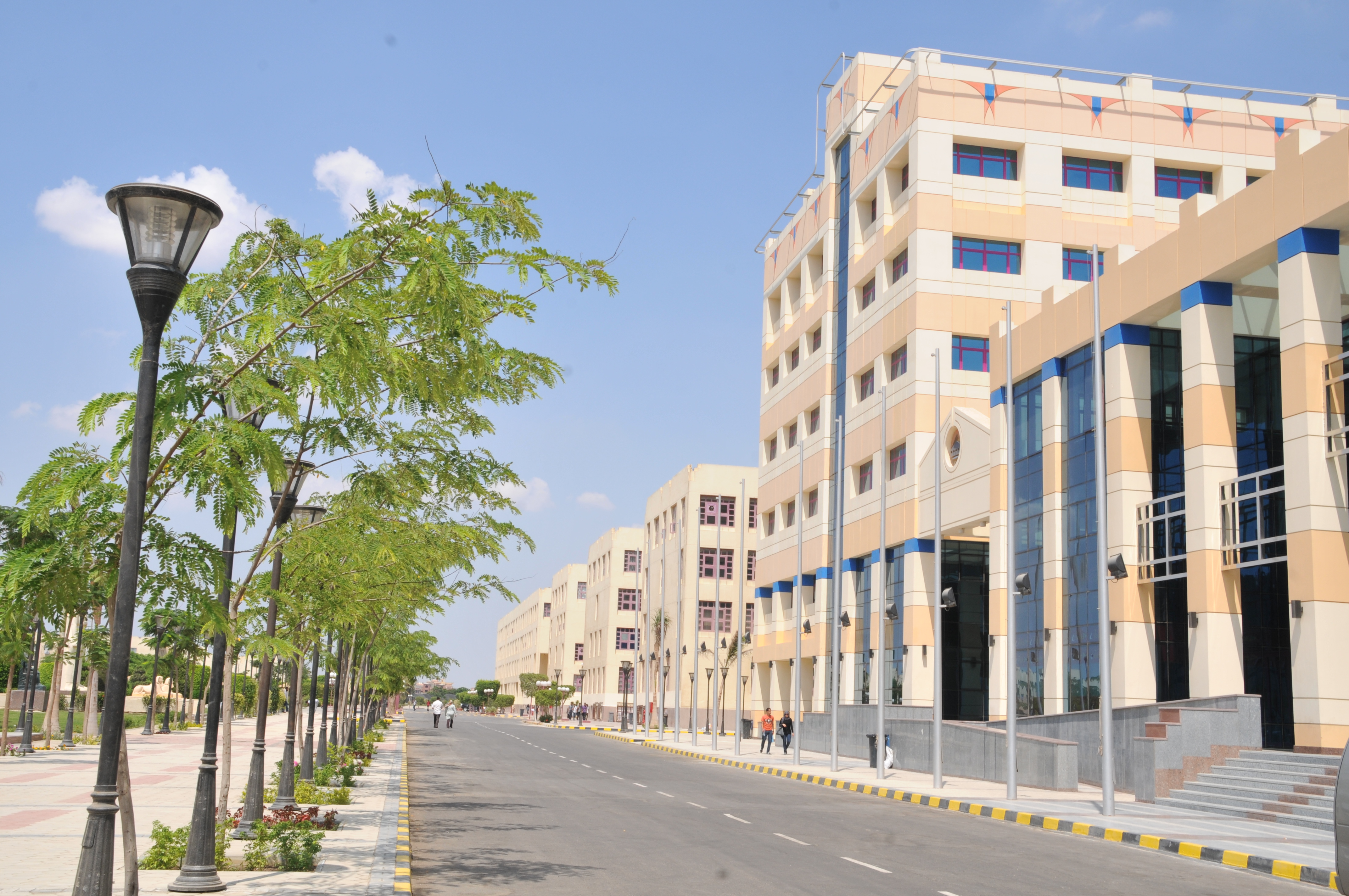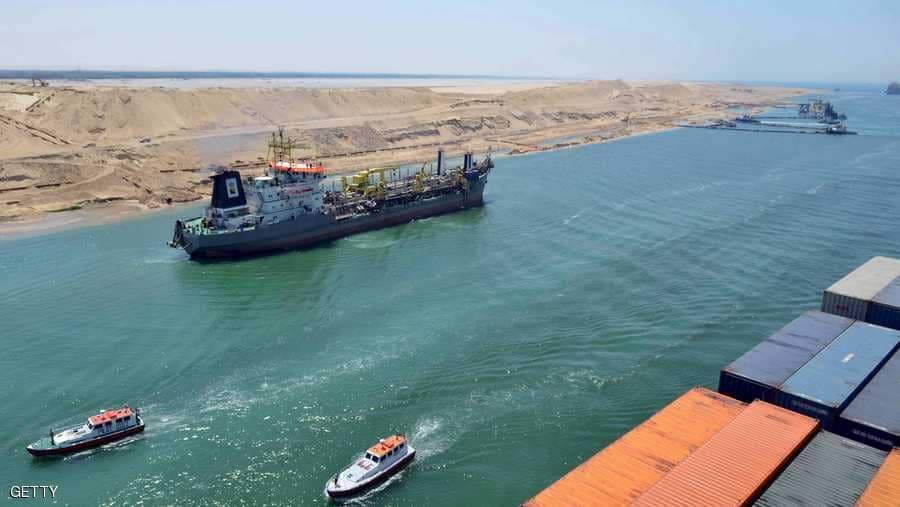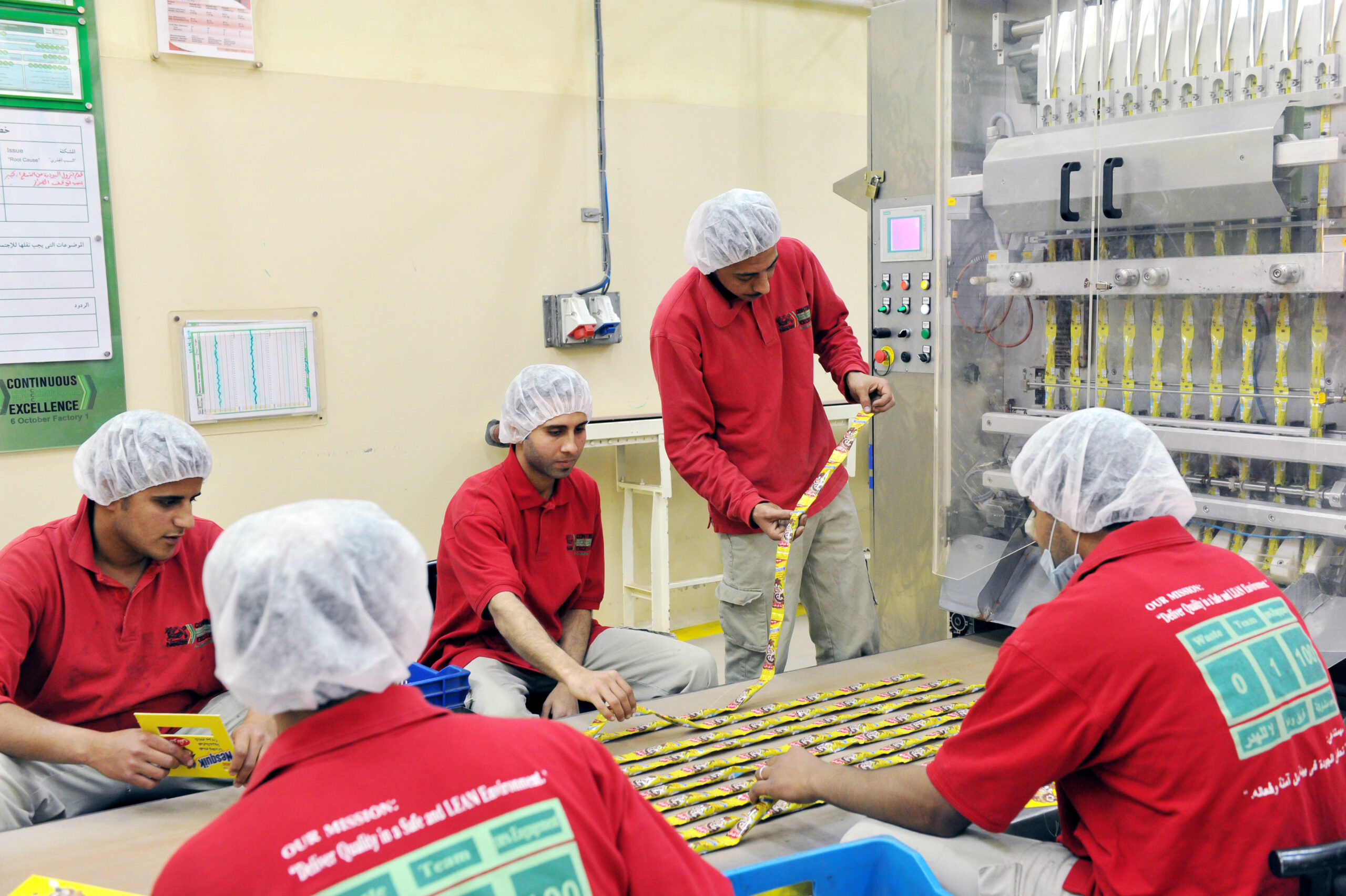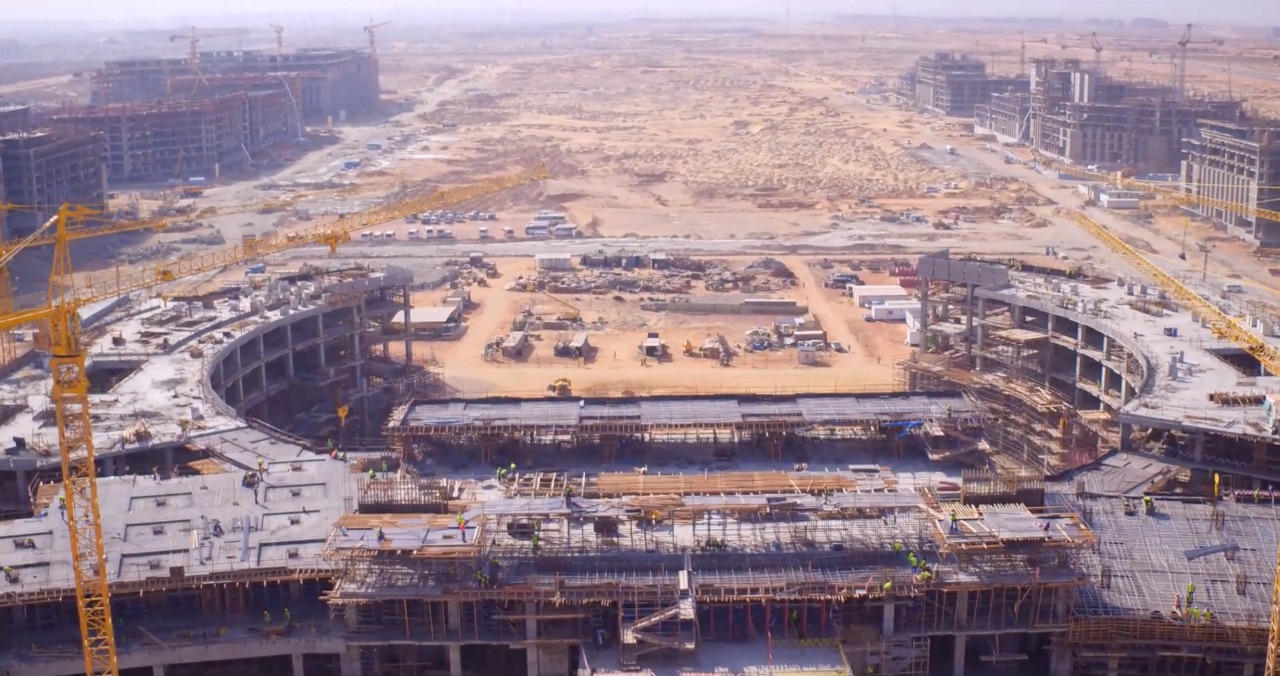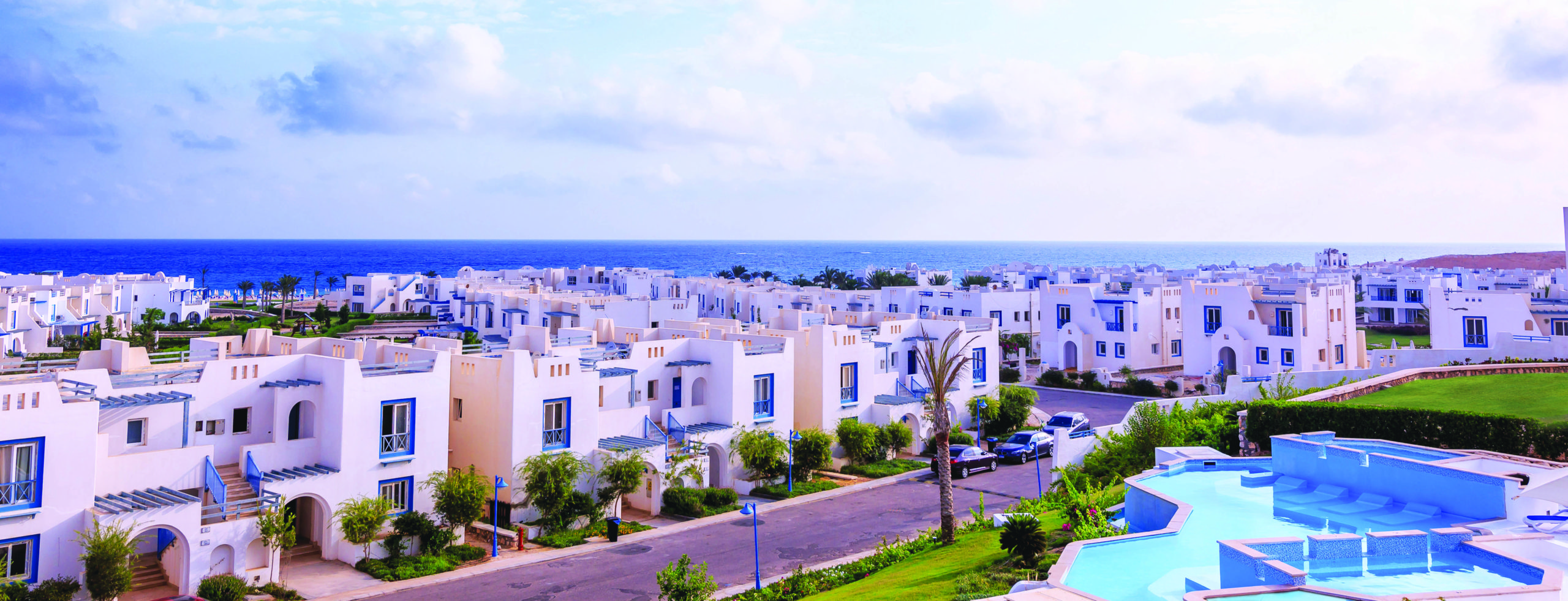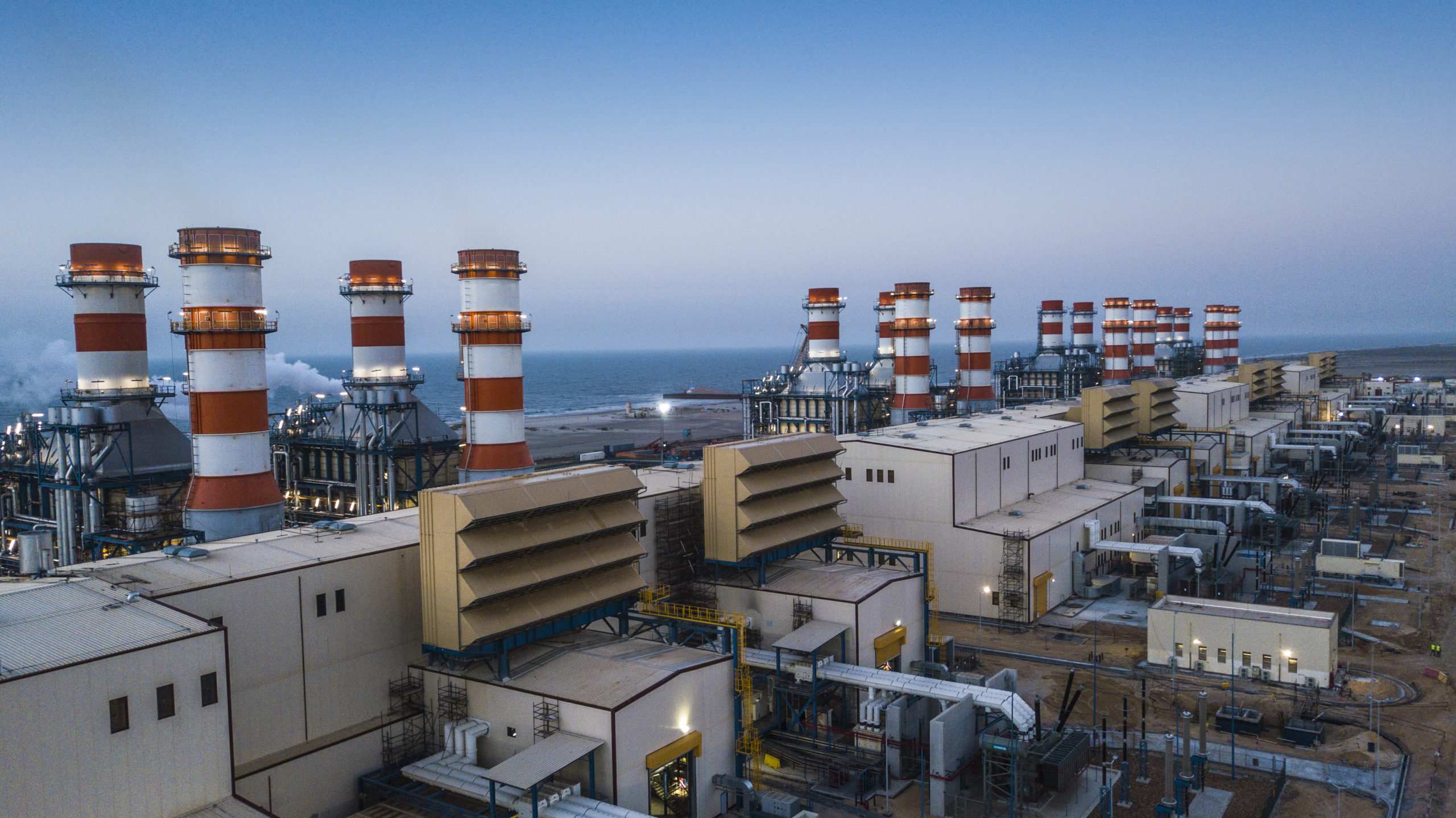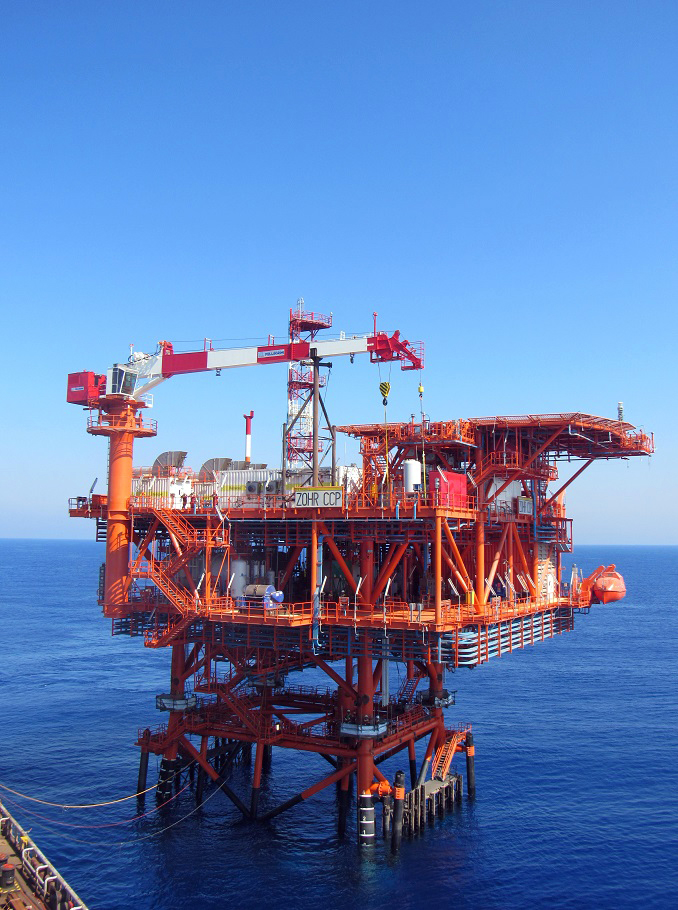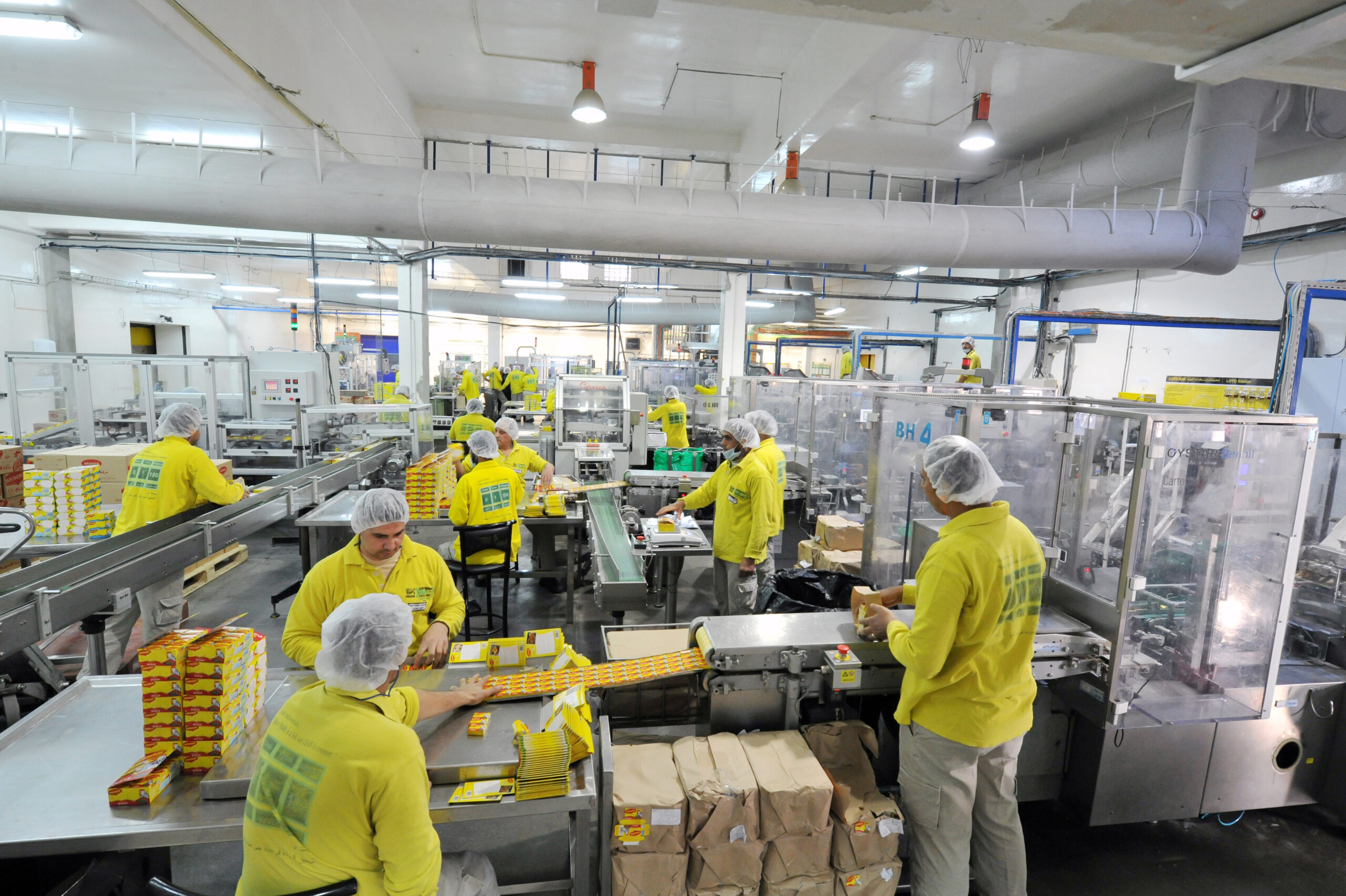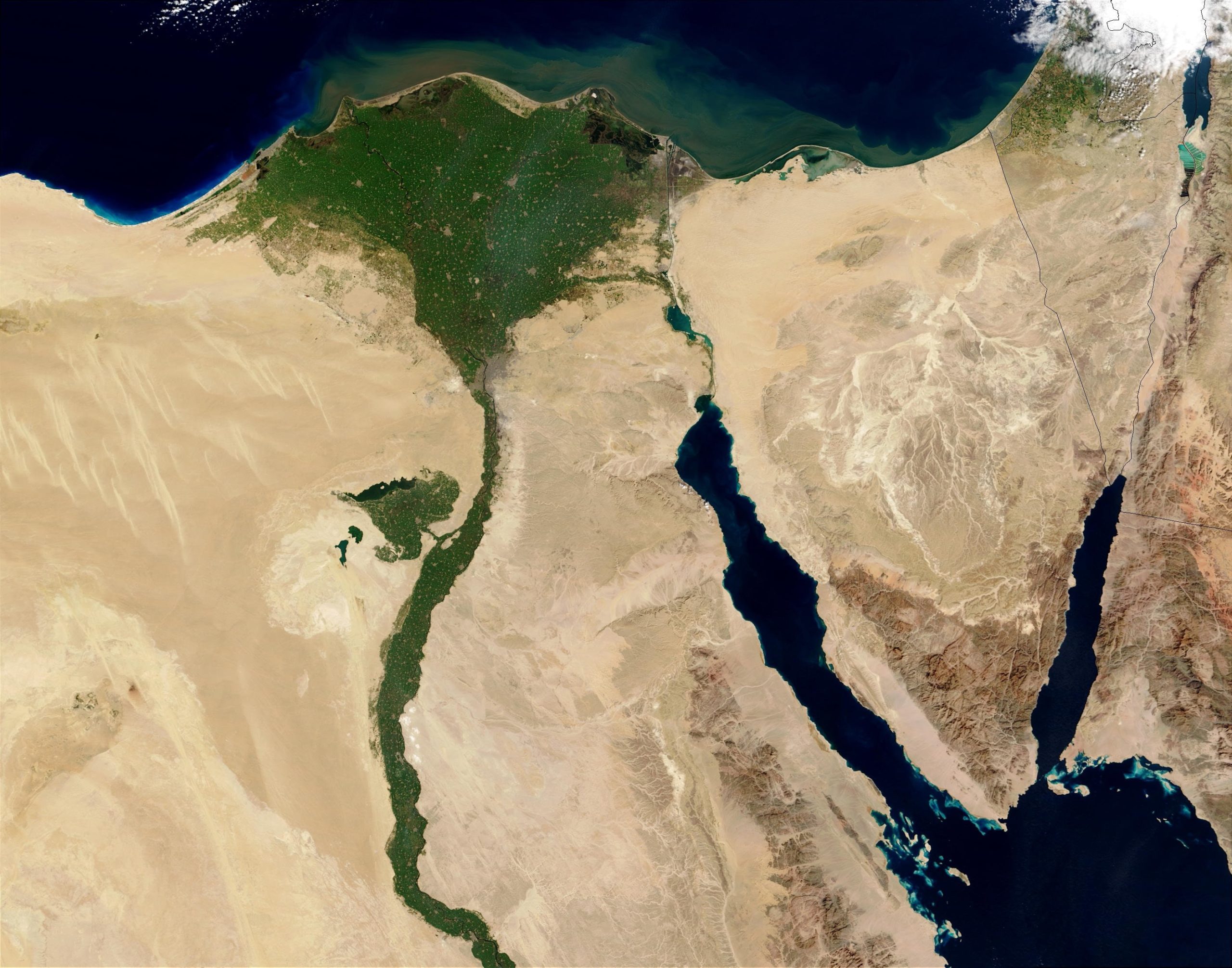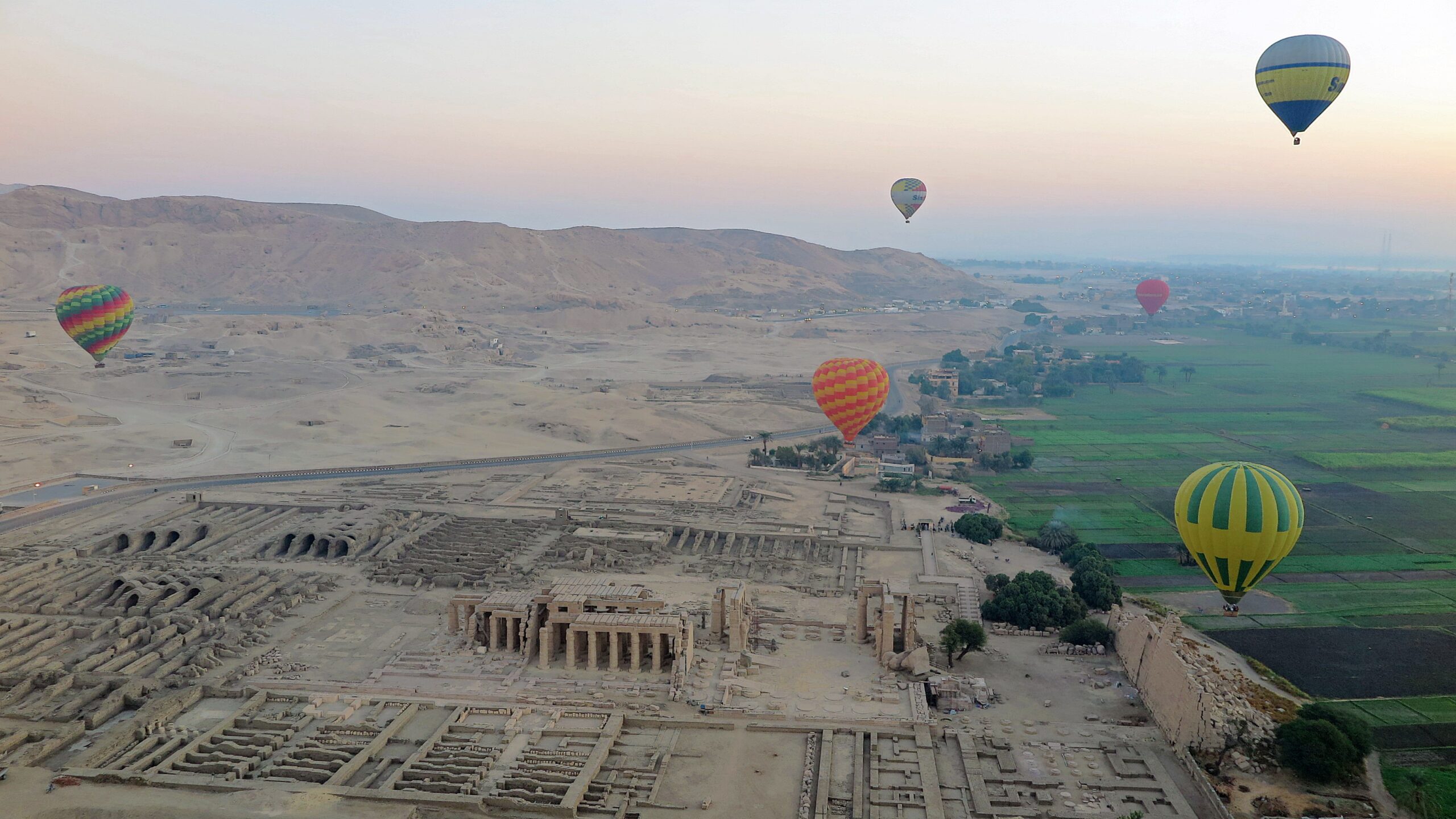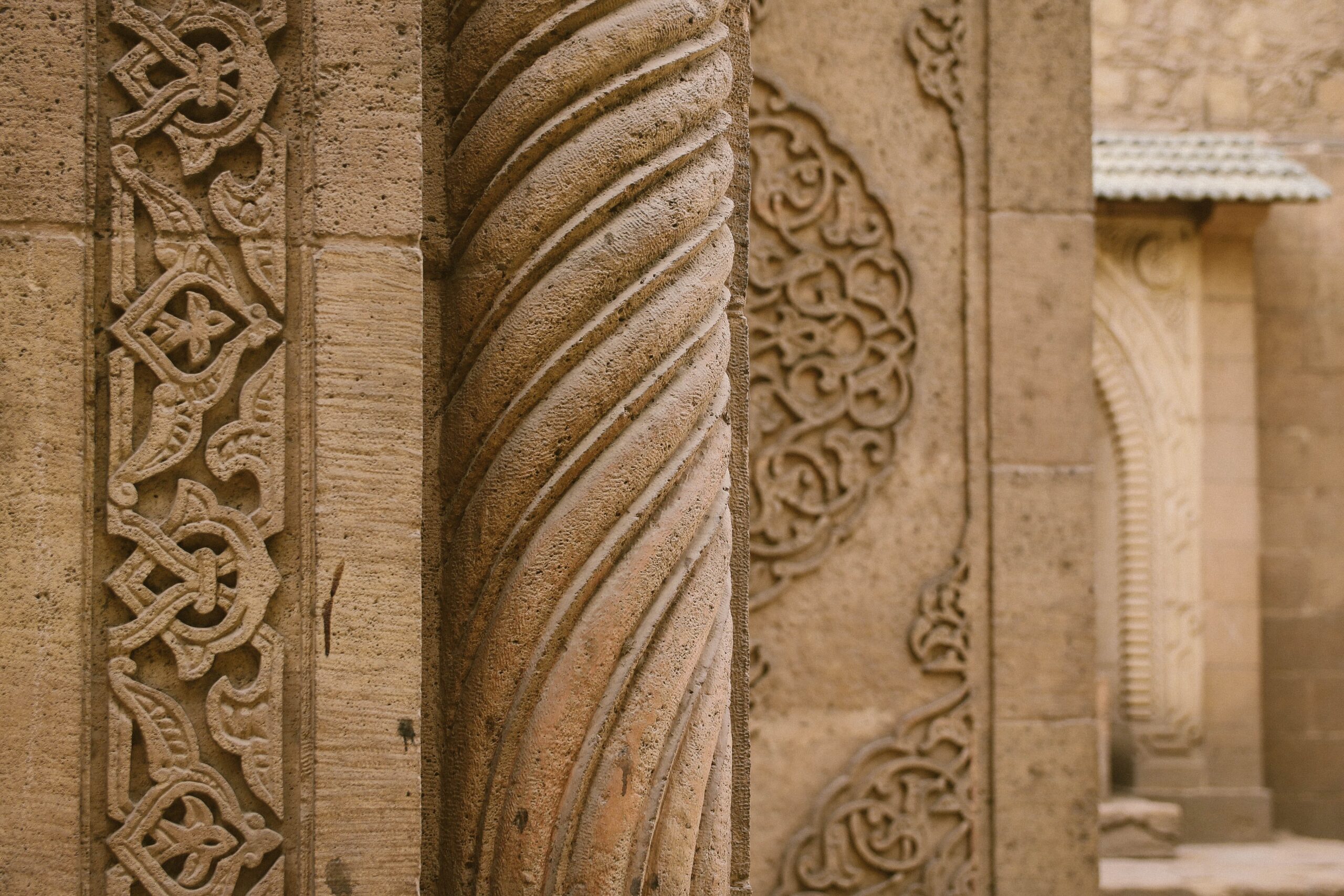Apache has 22 years of exploration, development and operations experience in Egypt and is one of the largest acreage holders in Egypt’s Western Desert. Apache has invested more than $1 billion in the Egyptian oil and gas sector during 2018. It remains the largest oil producer in Egypt, one of the largest foreign investors in the country, and in particular the largest American investor in Egypt.
Are you optimistic about Egypt’s economic future?

The government’s ambitious reform program has been serious, and the removal of the subsidies and the devaluation of the Egyptian pound has improved the financial health of the government. Around the world we see nations discussing reforms, but they often hesitate to make significant steps. The Egyptian government has been an exception and has been bold in its actions. Financial stability is being reached, and now the next question is, can the government attract the necessary investments to expand the economy. I am pretty optimistic as to where the country is heading, and the investment law was a good step in this direction. Following the revolution, I did not see any nationalization of assets which shows the governments dedication to ensuring private sector confidence. Besides, the new investment law added clauses so no new investments can be nationalized, and for profits to be expatriated. That is an outstanding track record that gives trust.
Oil and gas is the biggest part of the Egyptian economy and H.E. Tarek El Molla, the minister of oil and gas of Egypt, has also taken significant steps to improve the sector’s potential. Vast discoveries in the gas sector and steady production of oil will back the countries development. Egypt can be an energy hub, and I am confident the nation can reach its goal of 8% GDP growth.
What challenges do you experience?
I can see efforts are being taken to reduce red tape and for me, that is a crucial indicator. Overall top management is decisive in its desire to speed up national development, but middle management and the people we deal with on a day to day basis are yet to assimilate this mentality. Much has been done to speed up the process, but more needs to be done. The decision-making process is slow specifically in tendering. In this area, there has been an over-reliance on lowest cost bids to avoid corruption whereas today the economy is developing and I strongly recommend Egypt adjusts to allow bids based on value. This will help national development.
Will new discoveries change Egypt’s oil landscape?
As the largest oil producer in Egypt, we are very confident we can find a lot more. The nature of oil reservoirs is different from gas. We do not expect to find a single reservoir that will radically change Egypt’s oil production capabilities, most likely we will continue explorations and bring online smaller segments for many years while maintaining output. Egypt still imports 150 000 to 170 000 barrels per day and in 2018 also imported large quantities of gas. Oil and gas discoveries in the eastern Mediterranean will have a huge impact on the nation and will help the fiscal burden. As these productions come online, Egypt is set to begin gas exports. One of the challenges will be sustaining discoveries moving forward as population growth will continue to drive oil and gas consumption.
As the largest American investor in Egypt, Apache has been able to make a profit which is the strongest testament available for other foreign investors. Every country has its challenges, but even with national bureaucracy Apache has been able to invest and execute projects in a sustainable manner successfully.
As a corporation Apache is going through a transformation. We used to work in many other countries, but following a portfolio, evaluation selected a few core areas where we can generate significant growth and returns. This has been the US and Egypt. We firmly believe in the growth potential of our Egyptian operations. We will sustain our current output and have plans, that if developed, would increase output substantially. Streamlining the production sharing contract will be a big part of this. As a company, we probably represent 1.5% of national GDP through our operations.
A key component of Apache’s increasing success has been the ability to acquire and bring 3-D seismic technologies to assess high-grade existing prospects and identify new targets. Egypt still has a lot of conventional reserves which will yield higher profits. We are now shooting over two million acres to visualize what is remaining in a revolutionary way. Egypt’s unique potential is also considerable but will take much effort to develop including new technologies and a new fiscal regime.
How is Apache giving back to society?
We have developed our “Springboard program” which is fully funded by apache and focuses on the education of girls. We have built 201 one class schools in Egypt which have trained over 10 000 girls how to read and write. The program is growing, and we currently have 7 000 girls enrolled in rural regions. It is probably the largest female education program in rural areas. I always say if you teach a girl, when she builds a family, it will cascade through her children into society.

